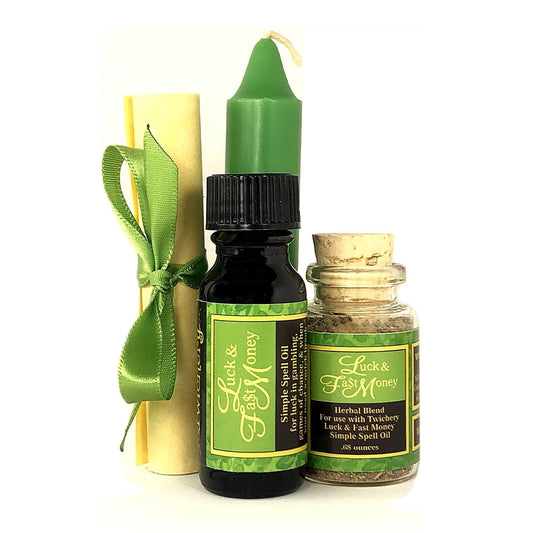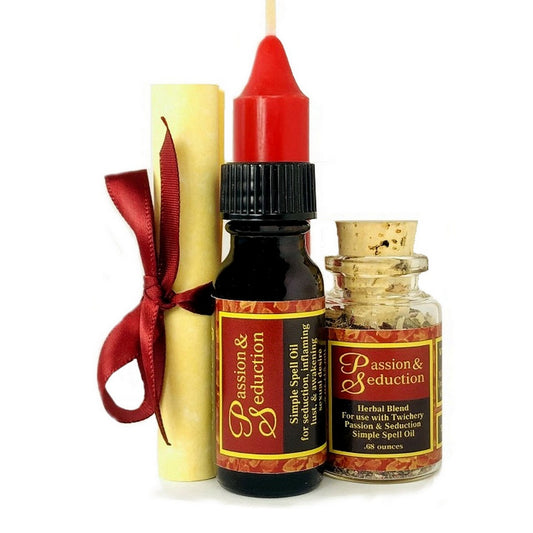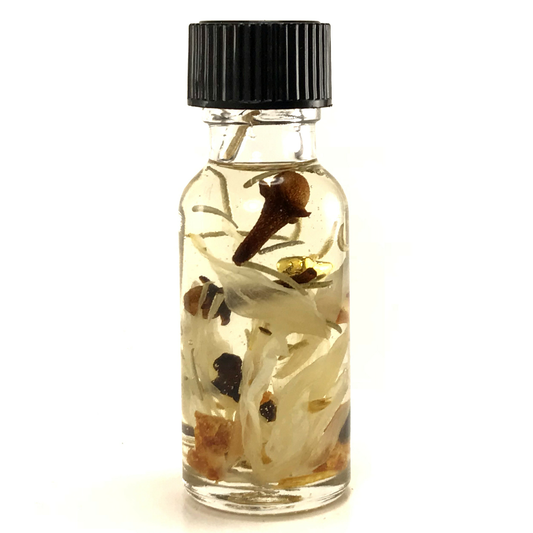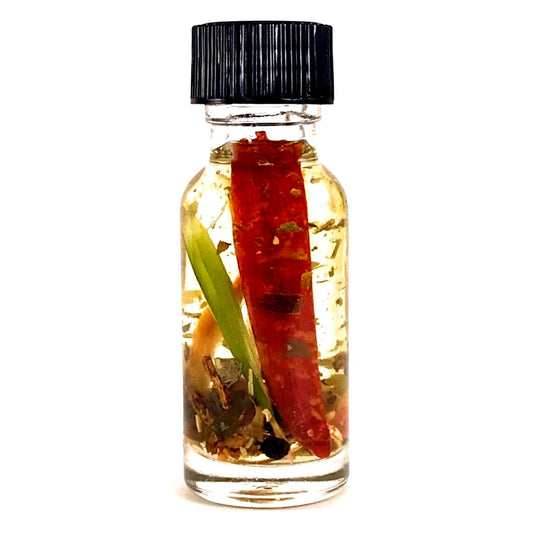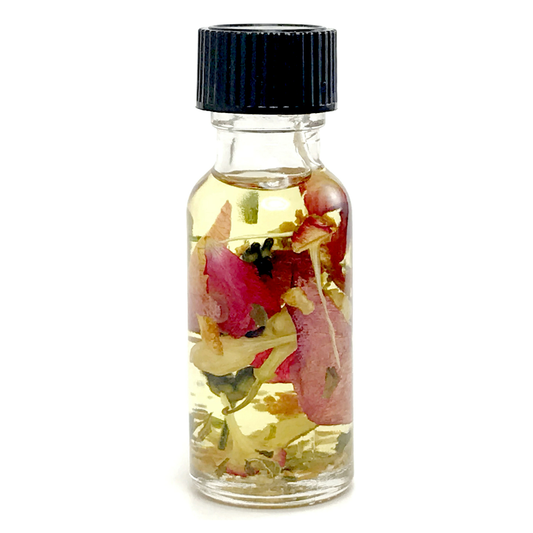
With permission from the author, we are reprinting this wonderful poem by Holly Robbins that captures perfectly the spirit of The Goddess of the Hearth. It is in the spirit of this poem and that Goddess that we have formulated our Tribute to Hestia Oil and hope it serves you in your quest to invite the love and strength of Hestia into YOUR hearth and home. For any questions about the symbolism in the poem refer to the key at the end of this post.
Tribute to Hestia
Divine Hestia, when first
The light of Helios lit upon thee
Then was Beauty renamed
And all that came before thee
Faded without renown.
Venus wept at thy feet
And hid her face--
Her vanity subdued.
She became in an instant
As naught but a servant--
Bearing a vial of oil
At thine altar.
Beloved daughter of Gaea
Who loveth the hearth,
Thou tendest still thy sacred fires
In grace and silence.
Thy lambs graze peacefully
In the meadows of Delphi.
Sweet lover of the Phoenix
Awaiting rebirth--
He lights upon thine arm
And sleeps against thy breast.
Even strangers warm themselves
Within the circle of thy sanctuary.
Likewise tend I the flame
Thou didst kindle in me
When first I partook of thy hospitality
And beheld thy glorious veil--
As fragrant and fair
As thy mother's warm velvet gown
After summer rain.
Thine eyes did move me
As majestic wind through
Willow's weeping boughs--
Enlivened. Bewitched.
Cherished Hestia,
The golden apple of Eris
Is naught but dross
Beside thee.
In me it hath no power,
For thy loveliness
And thy virtue have taken me.
In wonder before thee,
Thou first and last,
I am without defense.
Nay, not even Charon's staff
Shall divide me e'er from thee.
--Holly Robbins
copyright 2007
Background:
* Hestia--Goddess of Hearth and Home who refused the throne offered to her by Zeus and began tending the hearth in the temple, keeping a fire eternally lit.
* Helios--the Titan god of the sun before Apollo
* Venus--the equivalent of Aphrodite--Goddess of Love and Beauty
* Gaea--Mother Earth
* Delphi--a place known for its wise and peaceful populace
* Phoenix--I'm sure you know what a phoenix is, but I wanted to point out specifically the symbolism of being born of fire.
* "the circle of thy sanctuary"--Hestia's symbol is a circle, signifying a desire to enclose all people within the circle of her love, regardless of who they are.
* golden apple of Eris--Eris is a sprite of strive and the constant companion of Ares, the God of war. She was sinister and her greatest joy was to throw her gholden apple between friends who would then fight over the apple and quickly become enemies.l
* Charon--the "ferryman" who carries his dead passengers across the river Styx to Hades, god of the underworld
* "The first and the last"--Hestia is considered, in Greek mythology, to be "the first and the last" because when she was born, her father, Cronus, fearing that his children would overthrow him as he had overthrown his own father (Uranus), swallowed her whole (along with four subsequent siblings). She was the first one swallowed by her father. When he (most ungracefully and unwillingly) expelled the children, she was the last one out. Hence, Hestia is considered "the first and the last." I think this is significant because mothers usually are the first and the last in most things; the first one up and the last one to bed, etc. When Zeus offered her a throne and a place with the rest of the gods, Hestia refused it and opted instead to tend the sacred hearth.


